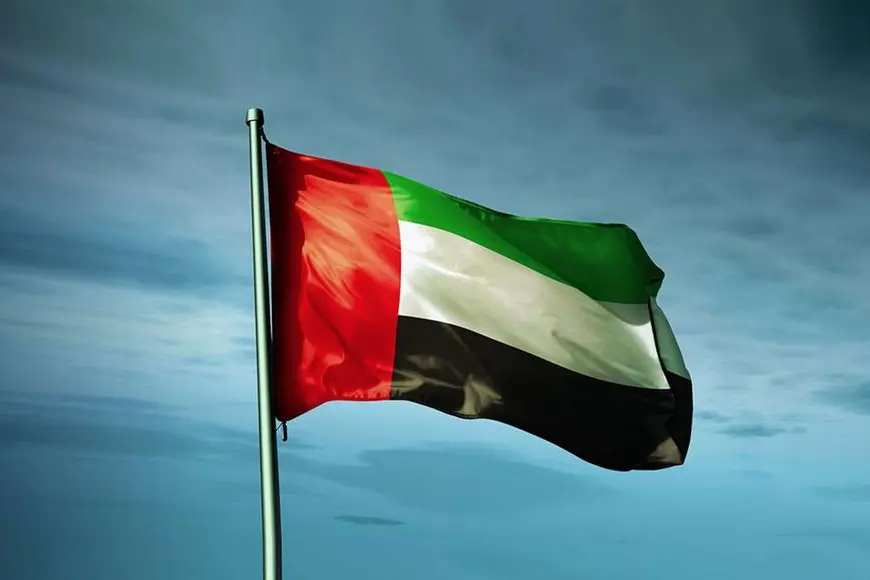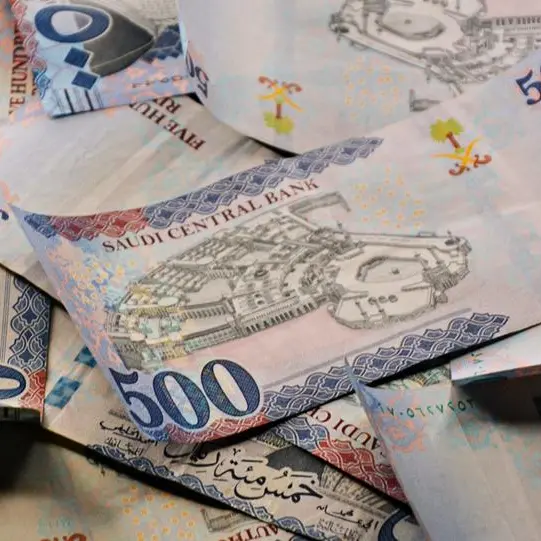PHOTO
The UAE is in the process of significantly increasing water storage capabilities, including a 10-fold expansion of storage in Sharjah along with increase of similar facilities in Dubai, said a senior official on Monday.
“We have water storage facilities in Abu Dhabi. Dubai is currently expanding water storage capabilities and there is also an expansion of around 10 fold planned for Sharjah as well,” said Sharif Salim Alolama, under-secretary for Energy and Petroleum Affairs at the UAE’s Ministry of Energy and Infrastructure.
While speaking on the first day of the two-day Arab Water Convention in Dubai on Monday, he said the UAE has introduced three plants over the past few years with capacities of 420 gallons per day, which is a 25 per cent increase in terms of total installed capacity.
In 2017, the UAE Water Security Strategy 2036 was launched to reduce water consumption and improve capacities, among other aims. Once implemented, the 2036 Strategy will achieve savings of Dh74 billion and reduce the emission of carbon dioxide (CO2) associated with the water desalination process by 100 million metric tonnes.
“In terms of the 2036 strategy, we are on track to achieving all (goals) that we have set well in advance. We are tweaking strategies because there are different things that have occurred over the past five years in terms of technology development and we’re looking into the potential of utilising AI capabilities in our water networks,” he said.
“For the UAE, water is the oil of the future. We are in a water-scarce region and it is one of the top national priorities.”
Dr Mahmoud Abu-Zeid, president of the Arab Water Council, said water scarcity is a serious challenge to the region where the population is exponentially rising.
“More than half of the water sources come from outside the region (and) exacerbate the problem, threatening the stability of the region. In the light of huge water demand, we should look at non-conventional resources for sustainable security. With enormous scientific advancements, desalination and sewerage treatment, cloud-seeding and other methods can contribute to providing our water needs for many vital usages, including agriculture and industry,” he said during the opening remarks of the summit.
Ali Ibrahim Al Malki, assistant secretary general of the League of Arab States, said the region’s population is growing, therefore, water availability is the top priority of the Arab region, given climate challenge, rise in temperatures, flooding and rising sea levels.
“The Arab region needs each and every drop of water. We have to put in place comprehensive water conservation policies and measure the outcome. We need to encourage investment in non-conventional water resources,” he said.
Copyright © 2022 Khaleej Times. All Rights Reserved. Provided by SyndiGate Media Inc. (Syndigate.info).





















